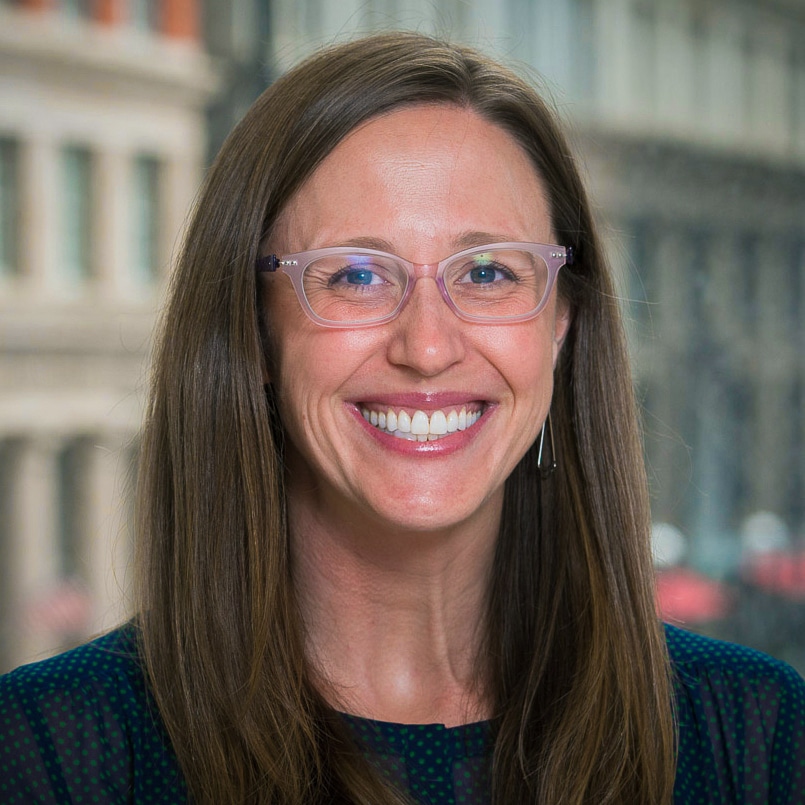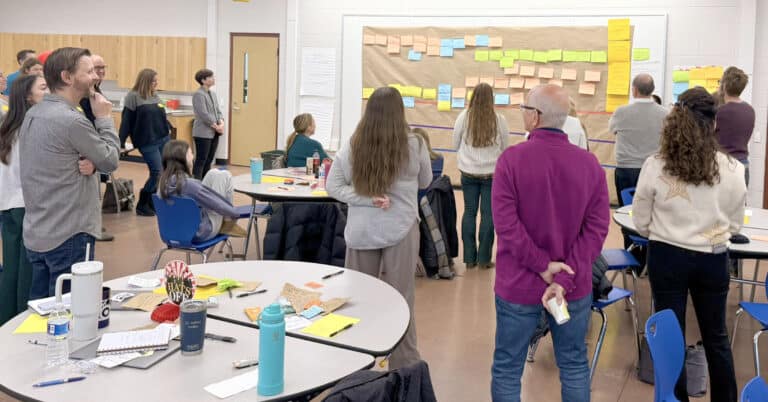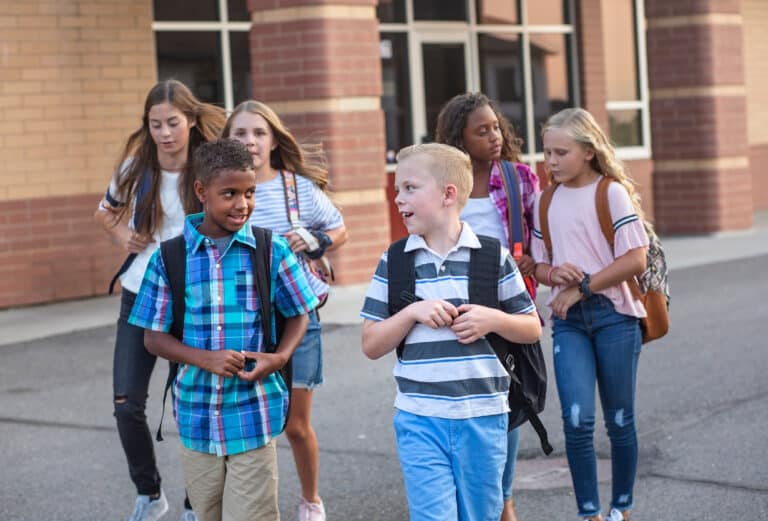Chuck D, the legendary rapper and frontperson of Public Enemy, member of the Rock and Roll Hall of Fame and author, is not short for words, which everyone who had the pleasure of attending the Mercantile Library’s 2019 Words & Music Lecture at the National Underground Railroad Freedom Center in Cincinnati found out. But while some people talk and talk just to hear their own voice, Chuck D talked truth about a lot of different topics. For more than an hour, he talked about music, race, technology, education and more.
This man helped put words to anger, to express the points of view of so many so many times. One example he spoke about was when Public Enemy released By the Time I Get to Arizona in 1991, in which Chuck D responded pointedly to the then-Governor of Arizona, Evan Mecham, cancelling MLK Day.
During his Word & Music Lecture, Chuck D credited much of his activism to two summers spent at a summer camp of sorts called the Afro-American Experience. At the camp, fourth and fifth graders from suburbs of New York City played and had fun, but they also attended classes and learned from political activists of the day. Those teachers helped campers know, “This is who you are,” said Chuck D. And in so doing, they helped teach kids how to be activists themselves.
“The results weren’t going to be seen right then,” said Chuck D. “It was the seed that stuck in our head. Years later it came out in the vote, it came out in music, it came out in ‘what am I going to say?’ And I’m going to say all these things that are in me about the hypocrisies and the contradictions.”
Shaping and encouraging future activists
Today, when we educate students and help them engage not only with what is happening in our communities, government and in the public sphere, but also with why it matters and what the implications might be, we are planting the seeds for future civic activists. Will those students grow up to write songs like Fight the Power? Maybe, but probably not. But they might exercise their own influence to expand citizen voice and influence or to create more transparency or to widen participation in local and regional decision-making.
In Navigating the Future of Learning, one of the drivers of change, or major societal shifts that will impact education over the next decade, is “civic superpowers.” This refers to individuals, nonprofits and volunteer organizations flexing their civic muscles, often utilizing technology and participatory media. And while this pattern of change can be seen now, the seeds were planted a long time ago, in classrooms, at family dinners, at summer camps, out in the community or in classrooms.
Sometimes the material from the forecast feels overwhelming to me. The concepts feel unmanageable and it’s hard to see where we, or I, might engage now in helping to create the future of learning we want. But then someone like Chuck D shares an example from summer camp and things click into place.
“Knowledge without context is confusion,” said Chuck D to lots of head nodding from the crowd. His context for writing By the Time I Get to Arizona was having grown up in the 60s and bearing witness to the nation after John F. Kennedy, Robert Kennedy and Martin Luther King, Jr. were assassinated. The experiences of that decade have influenced Chuck D’s writing in general, but specifically how he reacted to an event that occurred more than 20 years later.
For him, the seeds of activism were placed during Afro-American Experience. For tomorrow’s activists, the seeds are being planted today.
“Civic Superpowers” is just one of the drivers of change outlined in Navigating the Future of Learning. The five drivers combine multiple trends, patterns, plans and developments to identify broad patterns of change.






